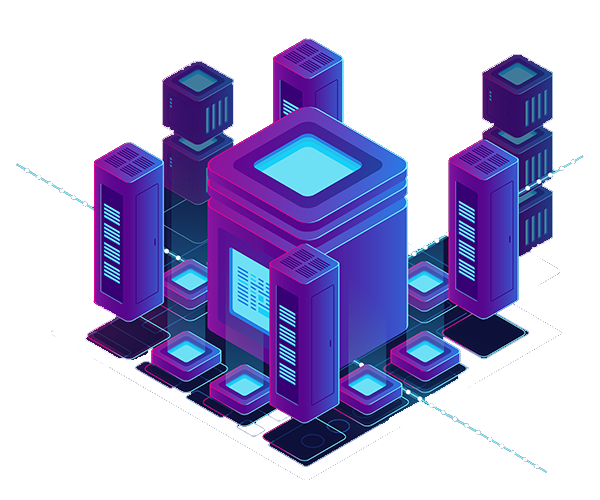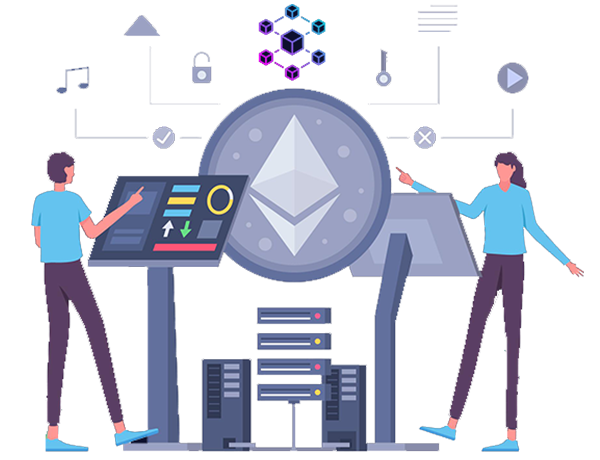


Decentralized System
In a decentralized framework, replacing traditional methods empowers agencies to redefine their objectives. By facilitating collaboration and transparency, agencies can adapt to new challenges while maintaining operational integrity. This approach ensures that every stakeholder has a voice, fostering innovation and resilience in achieving their goals.
Blockchain Wallet
A blockchain wallet is a crucial tool for managing digital assets securely. It enables users to store, send, and receive cryptocurrencies with ease and confidence. By leveraging decentralized technology, blockchain wallets provide enhanced security and transparency, ensuring that transactions are immutable and verifiable.
Cryptocurrency Minning
Cryptocurrency mining is the backbone of decentralized networks, playing a vital role in validating transactions and securing blockchain systems. By solving complex mathematical problems, miners confirm and add transactions to the blockchain, ensuring transparency and integrity.
You can swap TradeWinCrypto token anytime
Cloud mining allows individuals to participate in cryptocurrency mining without the need for expensive hardware or technical expertise. By opting into cloud mining services, users can rent mining power from remote data centers, enabling them to mine cryptocurrencies like Bitcoin or Ethereum seamlessly.
Latest Technology
The latest technologies in mining pools are enhancing efficiency, security, and accessibility, making it easier for both seasoned miners and newcomers to join the network.
Minning Plateform
Innovative mining platforms are transforming the cryptocurrency landscape, offering users the tools they need to maximize their mining potential.
Crypto Mining Unlock Your Potential for Success
Our crypto mining team opts into the projects they genuinely want to work on. By maintaining a clear focus, we help agencies define their new mining strategies and optimize their operations. Our consultants are dedicated to selecting the most promising mining projects, ensuring that clients achieve their business objectives in the rapidly evolving cryptocurrency landscape.
Learn MoreTradeWinCrypto token supply and blockchain information
Cloud Mining & Pricing Information
| Hash Rate | : | 500 TH/s |
| Contract Duration | : | 12 Months |
| Initial Cost in BTC | : | 0.02 BTC (approx. $800) |
| Maintenance Fee | : | 10% of earnings |


Mining Information
| Mining Pool Name | : | 0.02 BTC |
| Network | : | Ethereum (ETH) |
| Mining Algorithm | : | Ethash |
| Hash Rate | : | 150 MH/s |
| Block Reward | : | 2 ETH |
| Transaction Fee | : | 1% Pool Fee |
Blockchain Information
| Consensus | : | HPOS |
| Performance | : | TPS +7000 “ Average Block Interval 3s |
| Compatible | : | EVM “Ethereum Virtual Machine” |
| Crosschain | : | Supported |
| Token Contract | : | Supported |
| Smart Contract | : | Supported |
| Smart Contract Type | : | ERC20 & BSC20 |

Staking TradeWinCrypto token secure own wallet
Connect with Us to Create Your Own Wallet
The sequential patterns identified in the data mining process are crucial, as they enable the detection of anomalies. When specific patterns are recognized, alerts can be generated. The sequential analysis in data mining is essential for uncovering hidden insights and trends that can inform decision-making.








